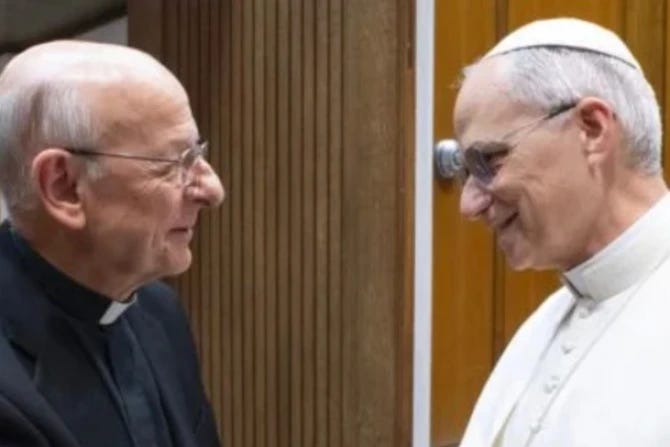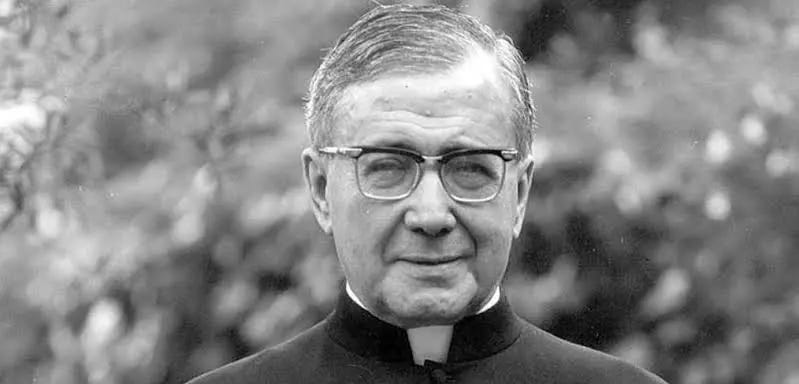Report: Pope Leo Set To Break Up Opus Dei
If Pope Leo does indeed approve a plan that effectively dissolves Opus Dei’s structure, it would be the most significant internal action of his short pontificate to date.
A report from InfoVaticana — a Spanish outlet with close Opus Dei ties — claims that Pope Leo XIV is on the verge of approving new statutes that would effectively dismantle Opus Dei as it exists today.
In Rome and at Opus Dei’s headquarters, no one denies that the Holy See’s intervention is imminent.
Two independent sources tell Letters from Leo that the text of the reforms is finalized and its promulgation is only weeks away.
According to the leaks, the changes would “mean the definitive break of the original structure” that St. Josemaría Escrivá envisioned for the organization.
Here are the details.




